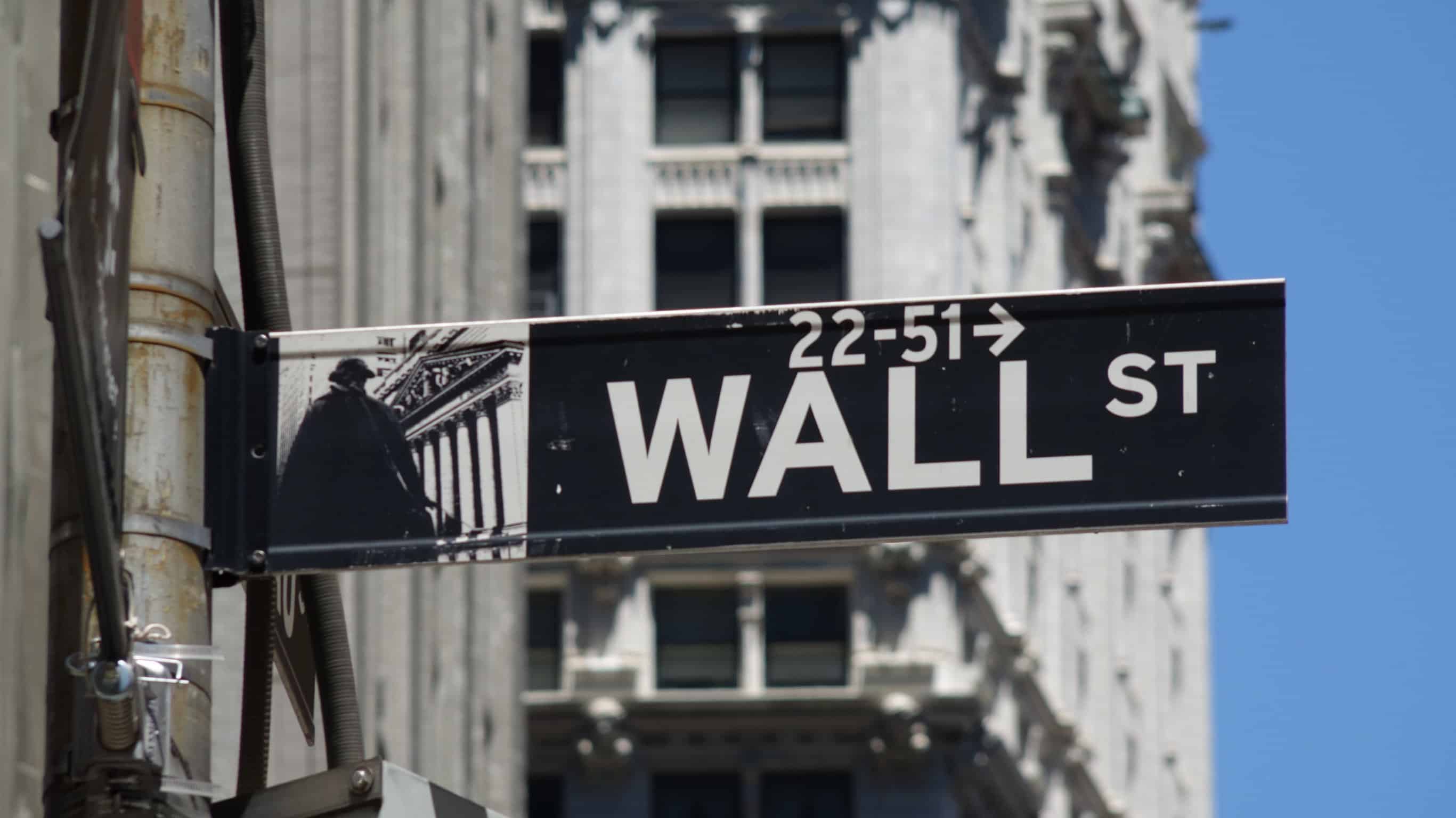
Introduction
If you are wondering whether to invest in the stock market or the forex market, there are several factors to consider. In this article, you will learn about Forex vs stocks in terms of markets and some of the important issues to keep in mind when making investing decisions. We will look at some of the advantages and disadvantages of both stock and forex trading and discuss which might be best for you based on your trading style, objectives, and appetite for risk.
You do not necessarily have to decide to trade either stocks or forex exclusively. If you pick a multi-asset brokerage, you will be able to do both using the same broker. However, many investors choose to focus on either stocks or forex trading, and there are good reasons for this. There are differences in the markets, the leverage you will be offered, and the volatility of the assets you will be trading. They make one option or the other more suitable for any particular trader. In this article, you will learn about the pros and cons of trading both stocks and forex, differences in the markets and what factors you will need to consider. We’ll also look at choosing the best forex broker and what you will need to look out for when picking a broker to transact your trades.
The Forex Market
The forex market is essentially a virtual marketplace that allows traders to buy and sell currencies. It is possible to trade currency pairs 24 hours a day, five days a week, which can be an attractive prospect but can also mean that the market is active when you are unable to trade or monitor price changes.
It is sometimes possible to trade forex as contracts for difference (CFDs) with leverage, which can be very attractive to some traders. CFDs allow you to speculate on the price movement of a financial instrument without ever owning the underlying asset and can facilitate trading with significantly more capital than you have available. The forex market can be pretty volatile. It is, therefore, essential that traders practice good trading discipline and put a risk management plan in place, placing appropriate stops and limits on their trades to protect themselves against losing more money than they can afford.
Forex trading involves buying and selling the fiat currencies of various countries. A fiat currency is a government-issued currency generally backed by a central bank and is considered legal tender in at least one country. Cryptocurrencies, for example, are not fiat currencies as they exist outside the system of official government-issued currencies. The value of each fiat currency can fluctuate due to various factors such as national inflation rates, interest rates and world events that impact a particular country and its economy.
Trading in forex involves trading one currency against another in what is known as currency pairs. Major currency pairs are the most frequently traded pairs in the market and always contain the US Dollar (USD) as one currency within the pair. Minor currency pairs do not have the USD as part of the trade and include trades such as EUR/GBP or CHF/JPY. You may also hear traders refer to exotic currency pairs, which include the currency of an emerging country or a smaller economy.

The Stock Market
When trading stocks, you will be trading on various stock markets around the world, such as the London Stock Exchange (LSE) or the New York Stock Exchange (NYSE). It is possible to buy single stocks, or stock indices, which are essentially a bundle of investment holdings representing a segment of the financial market.
Many investors feel it is more convenient and less risky to invest in indices. It can also be less time consuming as buying single stocks may require researching each company. Each stock index tracks the results of a market sector, with some of the most popular stock indices being the Dow Jones Industrial Average (DJIA), the S&P 500 Index, and the Nasdaq Composite Index.
While it is possible to trade stocks as CFDs, the leverage you are offered will generally be much lower than when trading forex, and fewer brokers offer stock trading with leverage. The stock market sees fewer trades per day than the forex market, with the highest number of transactions and the highest level of liquidity seen among well-known blue-chip companies such as Apple and Microsoft.
Forex Vs Stocks
There are various pros and cons to consider when deciding whether to trade stocks or forex. Generally speaking, stocks are better suited to long-term investment, whereas forex is better for short-term trading. That is why day traders often trade forex, making frequent trades and closing out their positions throughout the day. However, some stock market investors may invest for weeks, months or even years, although it is also common to buy and sell stocks frequently during periods of high volatility, as this can be an opportunity to make significant profits relatively quickly.
When trading forex, more factors can influence the market, which must be considered. Each country’s economy can impact the value of its currency, which can be affected by employment figures, inflation, GDP, interest rates, political events and other current affairs. In addition, as you are working with pairs of currencies, you will need to be aware of these factors within two or more countries. When trading shares, you need to be mindful of factors that can influence the share price of a particular company or companies within a market sector, but there are fewer factors to consider, and they are generally less complex.
You will also have to consider issues such as leverage and liquidity. Brokers that offer leverage will generally offer a much higher level of leverage on forex, especially on major pairs, and lower leverage on stocks and indices. Regarding liquidity, forex is the largest and most popular market worldwide, so it has high liquidity and can see a daily turnover of trillions of dollars. The stock market sees less trading volume and lower liquidity, especially if you are trading non-blue chip, less frequently traded stocks.
How to Choose a Forex broker
When choosing a broker to trade stocks or forex, there are things to look out for. You should go with a regulated and licensed broker. Check that they offer deposit protection and keep client funds segregated from their operating funds. It might also be essential for you to have negative balance protection.
Next, you will want to look at the account features of any potential broker to make sure they suit your needs. Check the leverage offered, the fees taken as commission, spreads and general account fees, the minimum deposit required, the methods available for deposits and withdrawals, the time taken to process withdrawals and any withdrawal fees or limits imposed.
Depending on your trading objectives, it might be important for you to look at which currency pairs are offered. Almost all forex brokers will offer all the major currency pairs and a good selection of minors. If you want to trade minors or exotics frequently, it is worth looking at what each broker offers.
You will also want to check that the trading platforms are user-friendly and suit your needs. For example, if you regularly trade on the go, you will need a robust mobile app or mobile-friendly platform. If you are already familiar with a particular trading platform, such as MT4, you may want to choose one of the many brokers that offer that option.
It might also be important to you to choose a platform that facilitates social trading, makes it easy to set stop losses and other limits, or integrates well with specific technical indicators that you use or plan to use regularly. One final thing to check is that the broker has responsive customer service that can be easily accessed, ideally 24/7.
Our top brokers:
| Broker | Features | Min Deposit | EURUSD Spread | ||
|---|---|---|---|---|---|
 Your capital is at risk
US Clients: No Regulated : Yes Your capital is at risk
US Clients: No Regulated : Yes
|
– Regulated by FCA, FSCA, CMA and FSC |
$200 | ECN 0.1, Standard 1.6 | ||
 Your capital is at risk
US Clients: No Regulated : Yes Your capital is at risk
US Clients: No Regulated : Yes
|
– 40% New Member Bonus
|
$100 | Fixed |
Sign
Up
Europe* CFDs are complex instruments and come with a high risk of losing money rapidly due to leverage. 79% of retail investor accounts lose money when trading CFDs with this provider. You should consider whether you understand how CFDs work and whether you can afford to take the high risk of losing your money.
|
|
 Between 74-89 % of retail investor accounts lose money when trading CFDs
US Clients: No Regulated : Yes Between 74-89 % of retail investor accounts lose money when trading CFDs
US Clients: No Regulated : Yes
|
|
$200 | NDD 0.09 / Standard 0.69 |
Sign
Up
Between 74-89 % of retail investor accounts lose money when trading CFDs
|
|
 * 82% of retail investor accounts lose money when trading CFDs with this provider. You should consider whether you can afford to take the high risk of losing your money
US Clients: No Regulated : Yes * 82% of retail investor accounts lose money when trading CFDs with this provider. You should consider whether you can afford to take the high risk of losing your money
US Clients: No Regulated : Yes
|
|
100GBP/AUD/EUR/USD | variable |
Sign
Up
* 82% of retail investor accounts lose money when trading CFDs with this provider. You should consider whether you can afford to take the high risk of losing your money
|
|
 Your capital is at risk
US Clients: No Regulated : Yes Your capital is at risk
US Clients: No Regulated : Yes
|
– Flexible leverage up to 500:1 |
$200 | From 0.1 | ||
 Your capital is at risk
US Clients: No Regulated : Yes Your capital is at risk
US Clients: No Regulated : Yes
|
$50 | 0.02 | |||
 51% of retail CFD accounts lose money
US Clients: No Regulated : Yes 51% of retail CFD accounts lose money
US Clients: No Regulated : Yes
|
|
$50 (varying by Country) | from 1 |
Sign
Up
*Don’t invest unless you’re prepared to lose all the money you invest. This is a high-risk investment and you should not expect to be protected if something goes wrong. Take 2 mins to learn more
|
|
 Your capital is at risk
US Clients: No Regulated : Yes Your capital is at risk
US Clients: No Regulated : Yes
|
|
$5 | From 0.0 pips | ||
 Your capital is at risk
US Clients: No Regulated : Yes Your capital is at risk
US Clients: No Regulated : Yes
|
– CySEC, FCA, FSCA, SCB Regulated |
$100 | |||
|
|
|||||
Conclusion
If you started reading this article asking yourself, “which is the better investment for me out of forex vs stocks?” You should now have a much clearer idea of what is involved in each and which might be most suitable for you. Which you choose will depend on your own needs and trading style, whether you wish to invest for a short period or long-term, and how much time and effort you want to put into monitoring the markets and the economies of countries worldwide. You should also be better equipped to pick the right broker for you, keeping in mind your trading style, budget, preferred platform, and the types of trades you want to place.